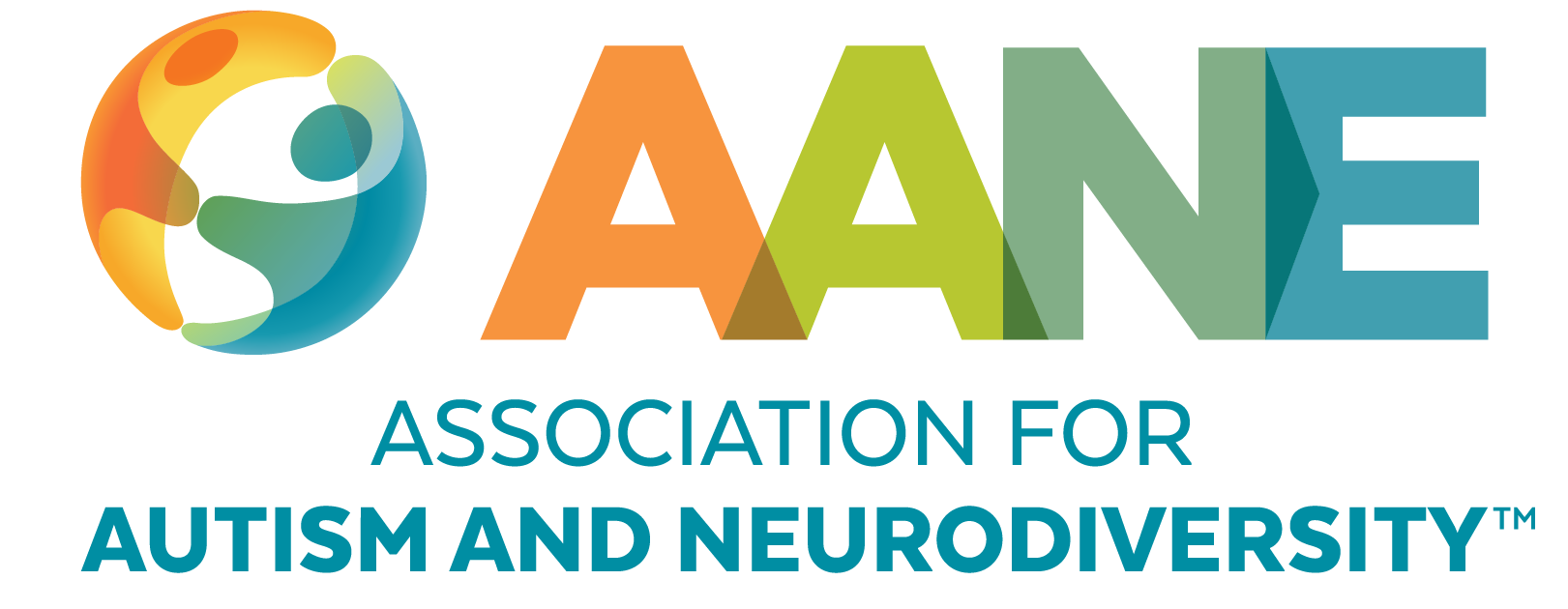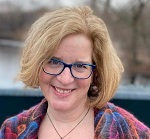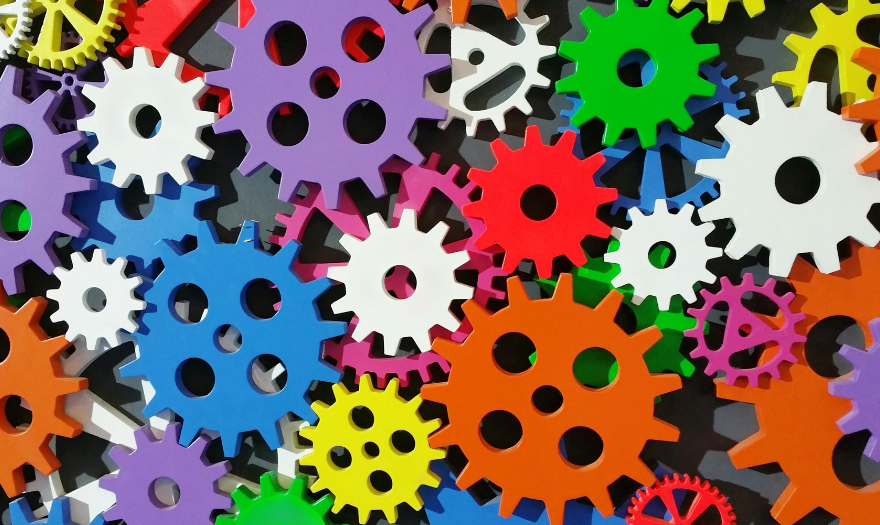
Celebrating Progress Towards Autism Acceptance
About the Author
Brenda Dater, MSW, MPH, is the executive director at AANE and the author of “Parenting Without Panic.” Brenda is a mom of three, and her eldest is an Autistic transgender woman. Brenda has facilitated parent support groups for over 20 years and thoroughly enjoys creating an environment where parents can find the support, information, and the community they need.

As the mom of an Autistic adult, I have had the privilege of witnessing firsthand the evolution of attitudes and acceptance towards autism. When my daughter was diagnosed over two decades ago, the landscape was vastly different. There was a consistent lack of understanding and resources, and we often felt isolated and misunderstood. I still remember the feelings that would come up for me when well-intentioned people would learn that my daughter was Autistic and respond with “I’m sorry” and pained facial expressions. It was such a common experience, and I often didn’t know how to explain why their comments were hurtful. Looking back now, I recognize the causes for that reaction. The majority of public discourse about autism at the time was scary. There were very few positive messages about honoring differences and learning how to best communicate and support Autistic people.
For decades, autism was often viewed through a lens of deficit and disorder. The prevailing narrative focused on the challenges and overlooked the unique strengths and perspectives that Autistic individuals bring to the world. However, the emergence of the neurodiversity movement and Autistic voices have challenged these outdated perceptions and championed the inherent value of neurological differences. This shift in mindset has been profoundly empowering for so many Autistic individuals who have been conditioned to see themselves as “less than” because they didn’t easily fit into the larger neurotypical world around them.
In recent years, I have witnessed the transformative impact of truly inclusive practices. In school, my daughter has advocated for extended deadlines or to take fewer classes, and they have provided her with these reasonable and easy to implement accommodations. Her professors have been wonderfully compassionate and empathetic, taking the time to truly understand her and her needs in order for her to succeed in her graduate program. I’ve also been amazed at the treatment she has received for her specialized health care needs: doctors who explain things in ways she can understand and don’t rush her out the door when she is anxious and has questions. She has been able to thrive in these more inclusive environments.
To be clear, the growth of neurodiversity affirming attitudes doesn’t mean we ignore the very real challenges so many Autistic individuals, including my daughter, face on a daily basis. Everyone, regardless of neurology, experiences parts of daily life that are inherently difficult, and for Autistic individuals and those who support them, more preparation and internal energy is needed. Add to this the external elements of misunderstanding, stigma, misaligned expectations, and ineffective supports, and the effort to respond, persist with tasks, ask for help, and explain yourself can be exceedingly exhausting.
However, strengths and challenges can co-exist in the same person. We can celebrate Autistic traits and qualities and still take constructive action to address the barriers they encounter and expand the support they need. I celebrate my daughter’s persistence for goals she hopes to achieve, like getting her Masters degree in History, even as I feel deep compassion for how much energy it takes to make herself understood and to navigate the complexities of a world not built for her neurology. I celebrate her ability to find ways to connect with friends so she doesn’t feel quite so alone. But mostly, I celebrate that she is finding more and more places where she can be her authentic Autistic self because I want her to experience a world that accepts, understands, and provides the right level of support for her without judgment or pity.
While the progress we have made in celebrating autism and embracing neurodiversity is truly remarkable, there is still work to be done. Stigma and discrimination continue to persist, and many Autistic individuals still face significant barriers in accessing the resources and support they need. I also know that there are areas where understanding and inclusivity has not progressed as far as it has in other places. We need to continue to challenge outdated perceptions and center Autistic experiences as we work towards a future where every person is celebrated for their unique strengths and contributions and finds the practical support they need to address their challenges and thrive.
Stay Current
Subscribe for AANE weekly emails, monthly news, updates, and more!





